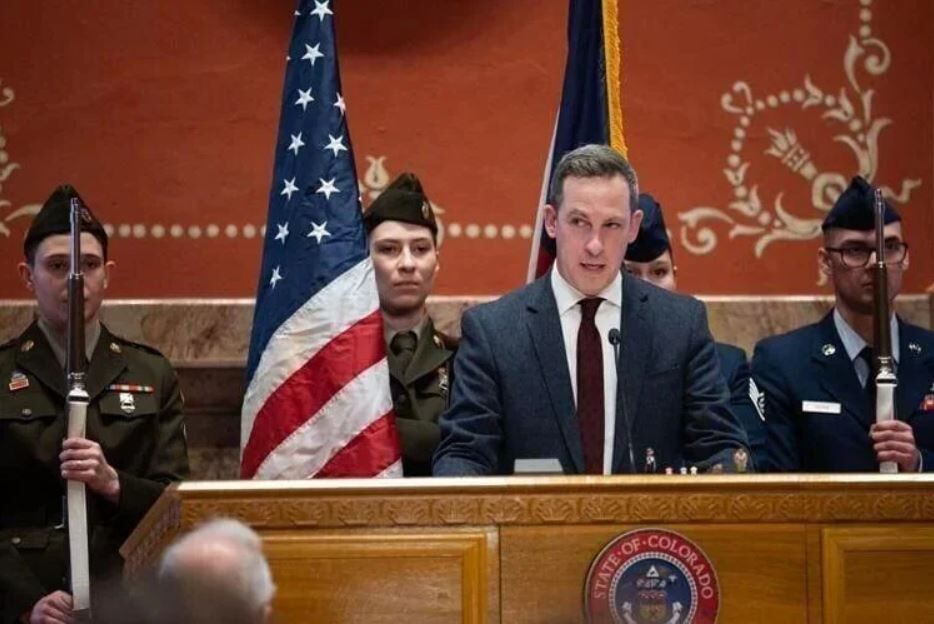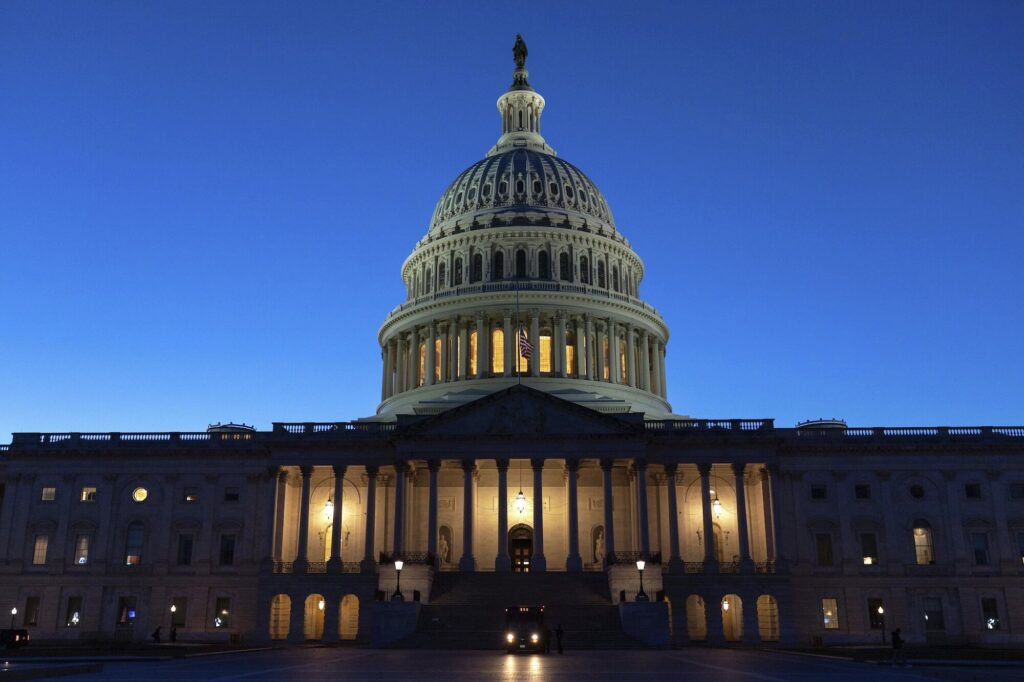Colorado Democrats unveil new method, promise transparency in funding bills

Democrats in the Colorado General Assembly unveiled a new process for deciding which bills will get funded in the remaining weeks of the 2024 session – and, this time, they promised transparency that would allow the public to see how they settle on spending priorities.
Senate Democrats unveiled the new process on Tuesday, even as the chamber plans to begin working on Wednesday on the $40.6 billion state budget, with a hearing in the appropriations committee, followed by caucuses. The second reading debate on the budget would take place on Thursday and a final vote on the budget is likely on Friday.
Under the new system, lawmakers will vote on their spending priorities using a Google form. Democratic leaders promised to release the result of those votes, along with how each lawmaker voted.
Up to this point, Democrats had been using a similar process – but away from public view. They were, in effect, voting on their legislative priorities outside the purview of their constituents.
In January, a Denver District Court ruled that Democratic lawmakers violated the state’s open meetings law when they used that secret system for deciding which bills would get funded during the past five budget cycles ending in 2023.
The process that the judge threw out – known as quadratic voting – did not include the state’s official budget bills. Instead, it applied to more than 100 measures that sat in House and Senate appropriations committees, waiting for lawmakers to finish work on the state budget.
That process applied to what’s called the “set-aside,” a pot of money reserved by the Joint Budget Committee to fund bills still working their way through the legislative process. Once the budget was completed, lawmakers decided how to pay for the rest of those spending requests – using the quadratic voting system.
Lawmakers adopted that system at the behest of Sen. Chris Hansen, D-Denver, who heard about it from a friend, according to a 2019 Wired article. Hansen decided to try it out to determine how to spend those last dollars.
Hansen explained the system in 2021 to Colorado Politics this way: Every Democratic lawmaker gets 100 credits plus access to an interactive website with a spreadsheet that lists the bills awaiting action from the House or Senate Appropriations committees and which would require general fund dollars.
The system was borne out of frustration in 2018, when the amendments to the 2018-19 budget bill ate up all the money set aside to cover spending on bills being passed toward the end of the session.
The system drew criticism for its secrecy. Notably, KUNC’s Scott Franz began filing open records requests in 2019, but lawmakers didn’t reveal the votes until the 2023 session.
This year’s set-aside is estimated at about $22 million, but $3 million of that is already spoken for on “sunset bills” that renew existing state statutes.
At 4 p.m. on Friday, a Google form would be sent to lawmakers, along with a final list of spending bills.
Not include on the list are sunset legislation, bills with a cost of less than $25,000 and measures on interstate compacts. Measures with no fiscal impact also won’t be on the list.
As of Tuesday, there are 320 bills that require consideration based on cost: 50 on tax credits, many which will tap the Taxpayer’s Bill of Rights surplus; 70 with a general fund cost of less than $200,000 each; and 200 with a general fund impact of more than $200,000 each.
The largest measure with a general fund impact is believed to be Senate Bill 8, which deals with foster care and carries a price tag of nearly $33 million, including about $17 million in general fund dollars.
Under the new system, lawmakers can express a preference for five tax credit bills, 10 bills with the lower general fund impact and 20 for the bills with the largest general fund impact.
The Google form will close at noon on April 8 and it will be publicly disclosed, along with how each lawmaker voted, on Tuesday, April 9.
Quadratic voting is no longer an option, said Senate President Steve Fenberg, D-Boulder, during Tuesday’s media avail. He said the budget this year is more challenging, and leaders came up with the new system to help lawmakers prioritize.
While the memo on the new system came just from Democrats, Republicans are also invited to participate, according to the majority party.
Senate Minority Leader Sen. Paul Lundeen, R-Monument, told Colorado Politics Republicans had the option of participating in the quadratic voting system in the past but declined to do so because of the lack of transparency in the process. He said he had not reviewed the new process as of Tuesday morning.













